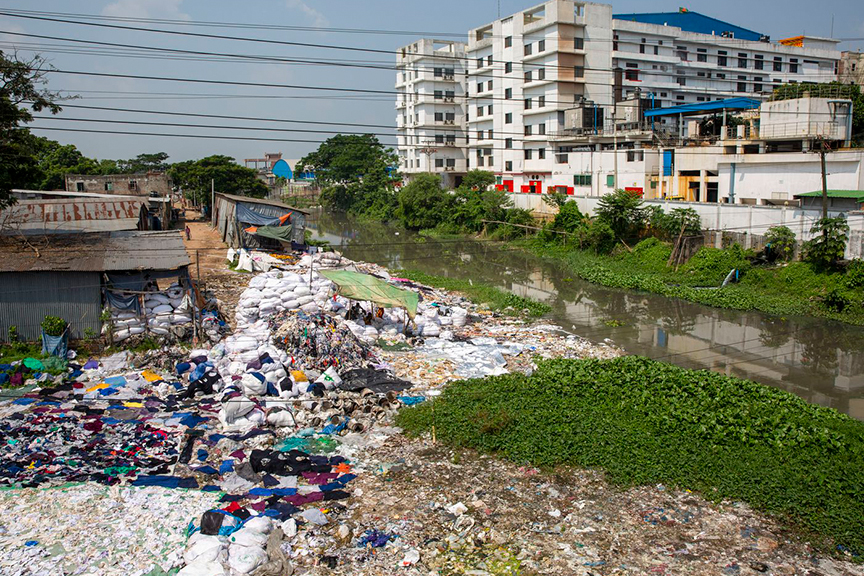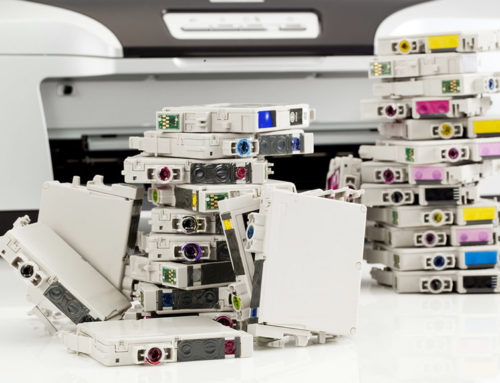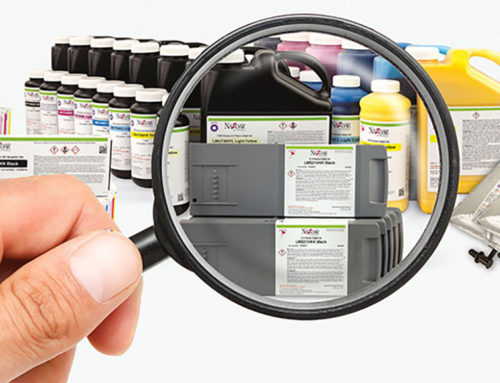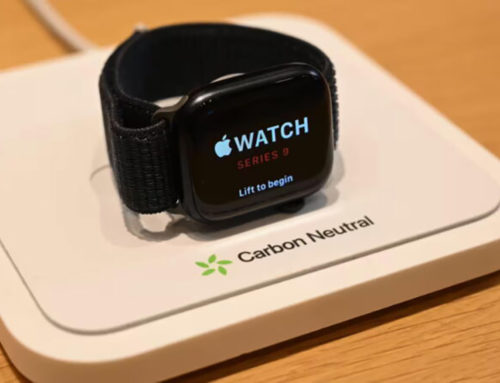The Sustainable Apparel Coalition (SAC), in partnership with industry leaders Nike and Target Corporation, unveiled the Manufacturer Climate Action Program (MCAP) during its 2023 Annual Meeting in Boston. This groundbreaking initiative represents a pivotal component of the SAC’s overarching Decarbonization Program, designed to galvanize collective support and drive the textile and apparel industry towards ambitious carbon emissions reductions.
The textile and apparel sector faces an urgent call to action, with the SAC setting a target to reduce global CO2 emissions by 45 percent by 2030, ultimately striving for net-zero emissions by 2050.
Joyce Tsoi, SAC’s Director of Collective Action Programs, emphasized the importance of industry-wide collaboration, stating, “MCAP represents a key initiative — uniting manufacturers globally to accelerate action towards science-aligned emissions targets, significantly reducing global CO2 emissions at scale. By partnering with industry leaders and offering scalable solutions, we can empower our industry to confront emission reductions and instigate the change we need to support low-carbon transition.”
MCAP has evolved from Target’s Supplier Engagement Program and the Supplier Climate Action Program (SCAP), a collaborative effort between Nike and its suppliers, in consultation with the World Resource Institute (WRI). MCAP’s primary mission is to provide manufacturers with an intermediate pathway to measure carbon emissions and establish science-aligned targets for Scope 1 and 2 emissions.
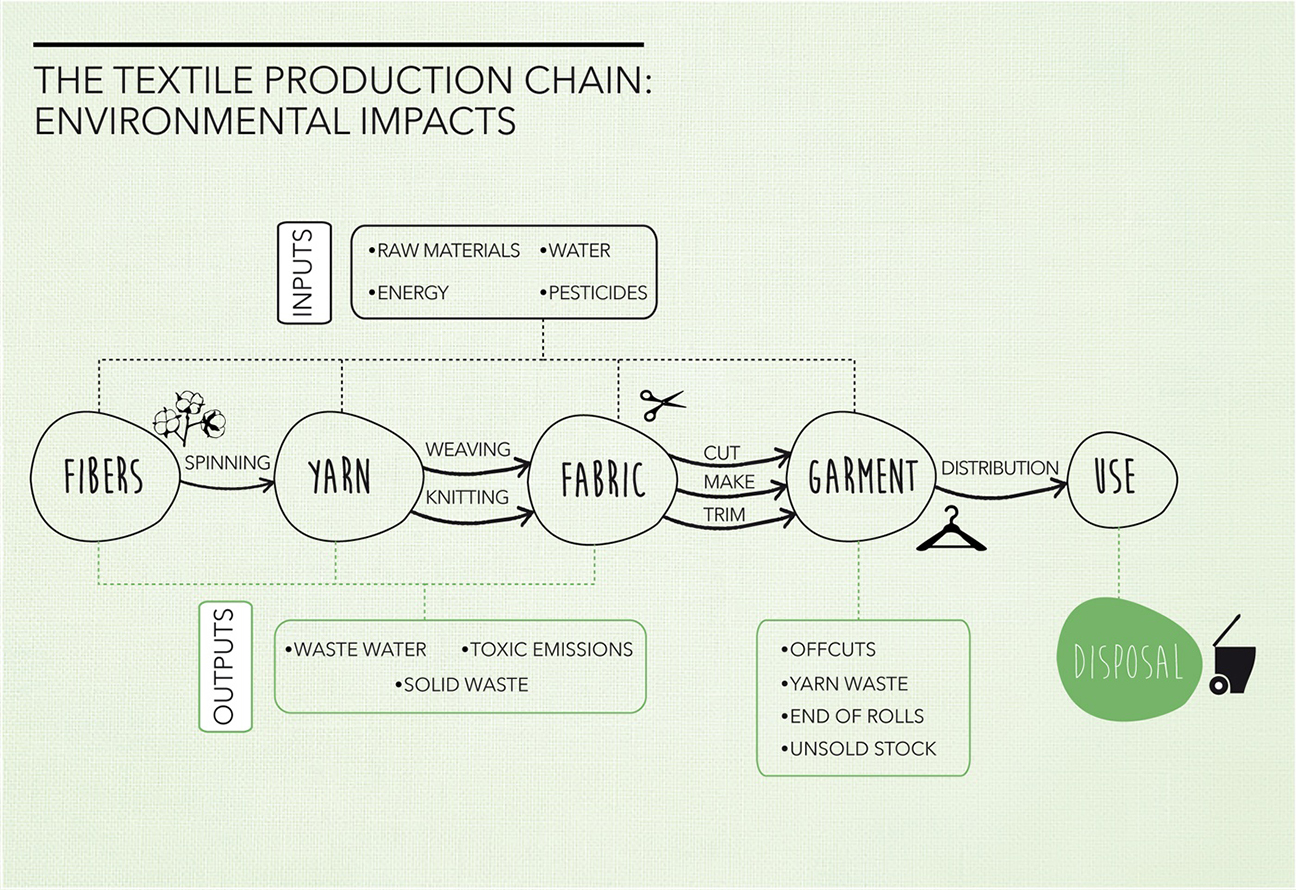
The program’s focus on Scope 1 and 2 emissions at the outset aims to provide manufacturers with a manageable starting point for their decarbonization journey, enabling them to reduce energy use, save money, and meet customer expectations. MCAP takes a practical approach, offering a step-by-step process to enhance manufacturers’ capacity to set and accelerate target goals. This approach consists of four core elements:
- Manufacturers set, validate, and disclose science-aligned emission reduction goals across their entire organization.
- Manufacturers receive recommendations and training on climate-risk assessments for their operations, bridging connections with value chain partners, including brands.
- Manufacturers are guided in developing their decarbonization plans, promoting transparency and effective resource allocation.
- MCAP encourages manufacturers to annually disclose their progress and share reports publicly, fostering a culture of accountability and innovation.
These elements empower manufacturers to take substantive actions to reduce emissions, enhance operational efficiency, and advance sustainability within the industry.
Noel Kinder, Chief Sustainability Officer at Nike, Inc., emphasized the importance of collective action, stating, “With a challenge like climate change, we know we can’t do it alone. NIKE’s SCAP was designed to help suppliers take a leadership role in addressing their climate risk. Working with SAC and Target to develop the MCAP program is the next step in scaling impact across NIKE’s supply chain and the industry.”
MCAP is open to both SAC members and non-members, showcasing its commitment to accelerating the adoption of science-aligned targets by manufacturers. What sets MCAP apart is its comprehensive approach, tailored to meet the unique needs of manufacturers by integrating key management tools into the program. These tools encompass emissions measurement, risk assessment, performance benchmarking, and strategic planning.
MCAP’s long-term vision is to assist manufacturers in establishing science-based targets that encompass Scope 1, 2, and 3 emissions. MCAP serves as the crucial first step on this journey, providing manufacturers with the essential resources to accelerate meaningful climate action.
Liz Cook, EVP for Governance & Development at WRI, emphasized the importance of supporting suppliers to mitigate climate change, stating, “Programs like MCAP, and companies like Nike and Target, set out to do this by helping suppliers build their capacity to mitigate and become more resilient to climate change.”
The SAC recognizes that the textile industry alone accounts for up to 8 percent of global carbon emissions and is committed to reducing GHG emissions by a minimum of 45 percent by 2030. MCAP’s launch coincides with the Fossil Fuel Fashion campaign, highlighting the need to reduce fashion’s dependence on fossil fuels. Synthetic fibers, derived from oil and gas, continue to represent a significant revenue stream for the fossil fuel industry. While alternatives are being developed, the industry remains inextricably linked to fossil fuels, hindering rapid decarbonization.
The SAC is actively seeking manufacturer interest in MCAP and plans to commence program implementation in 2024. Progress will be tracked and shared on the SAC website, ensuring transparency and accountability throughout the industry’s transformation towards sustainability and reduced carbon emissions.

